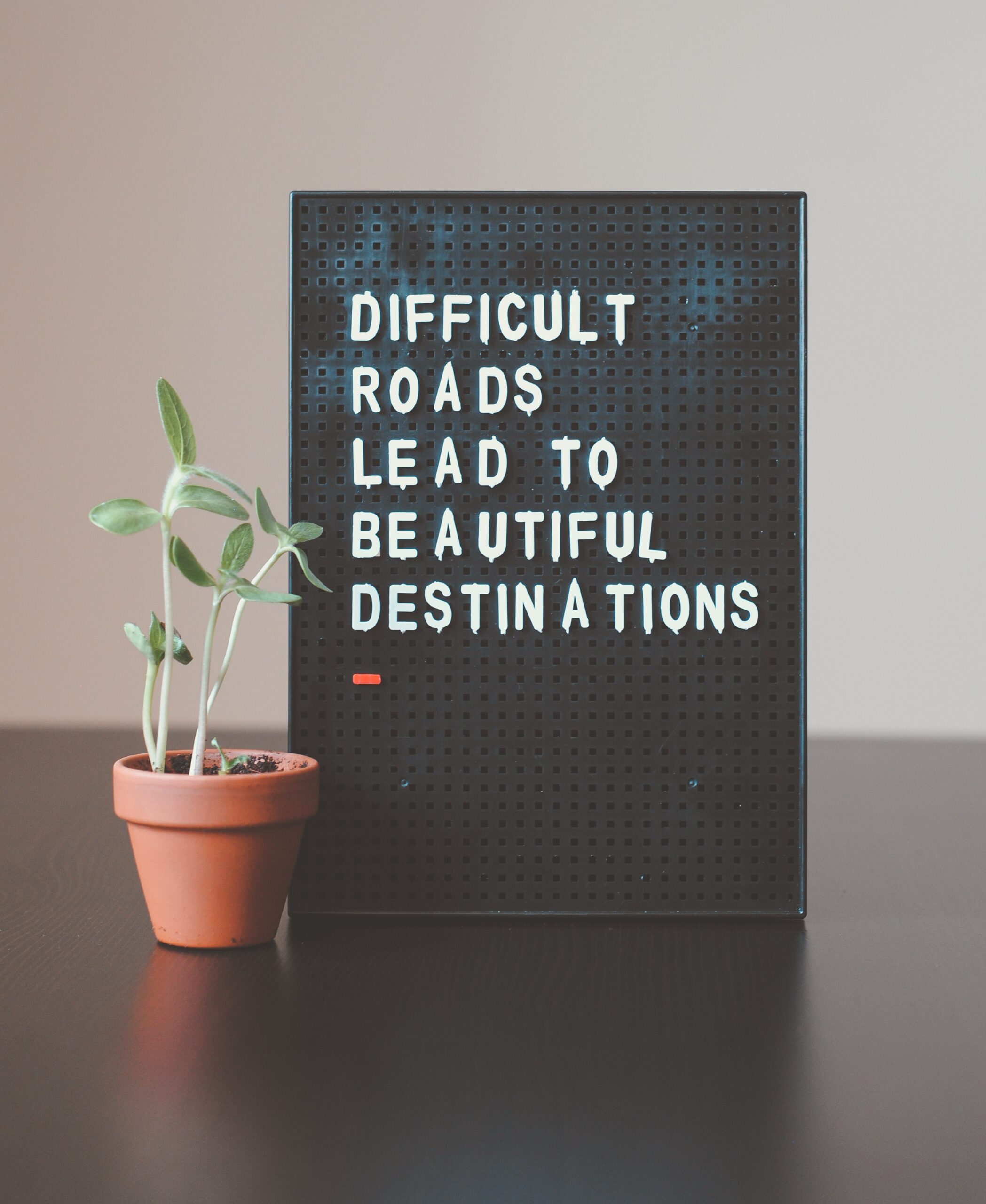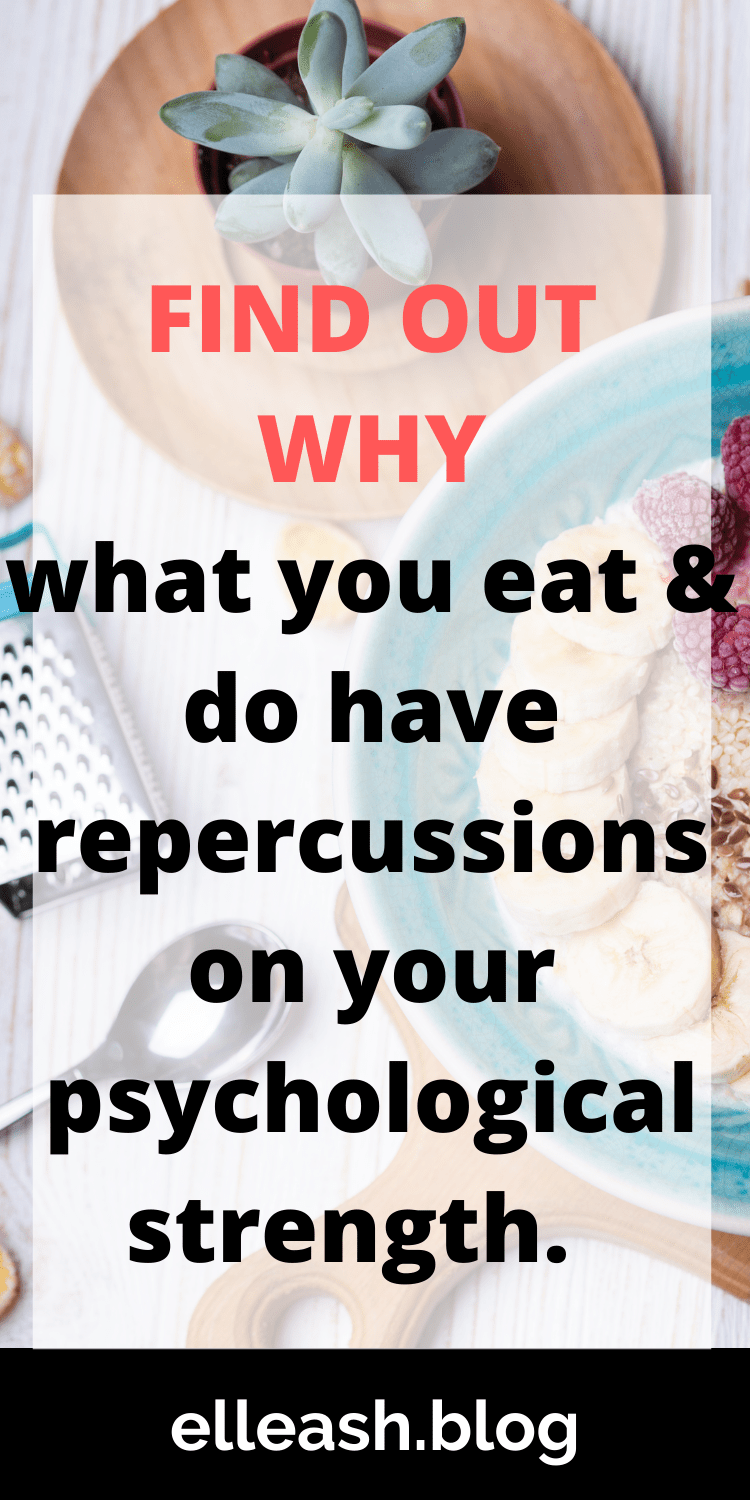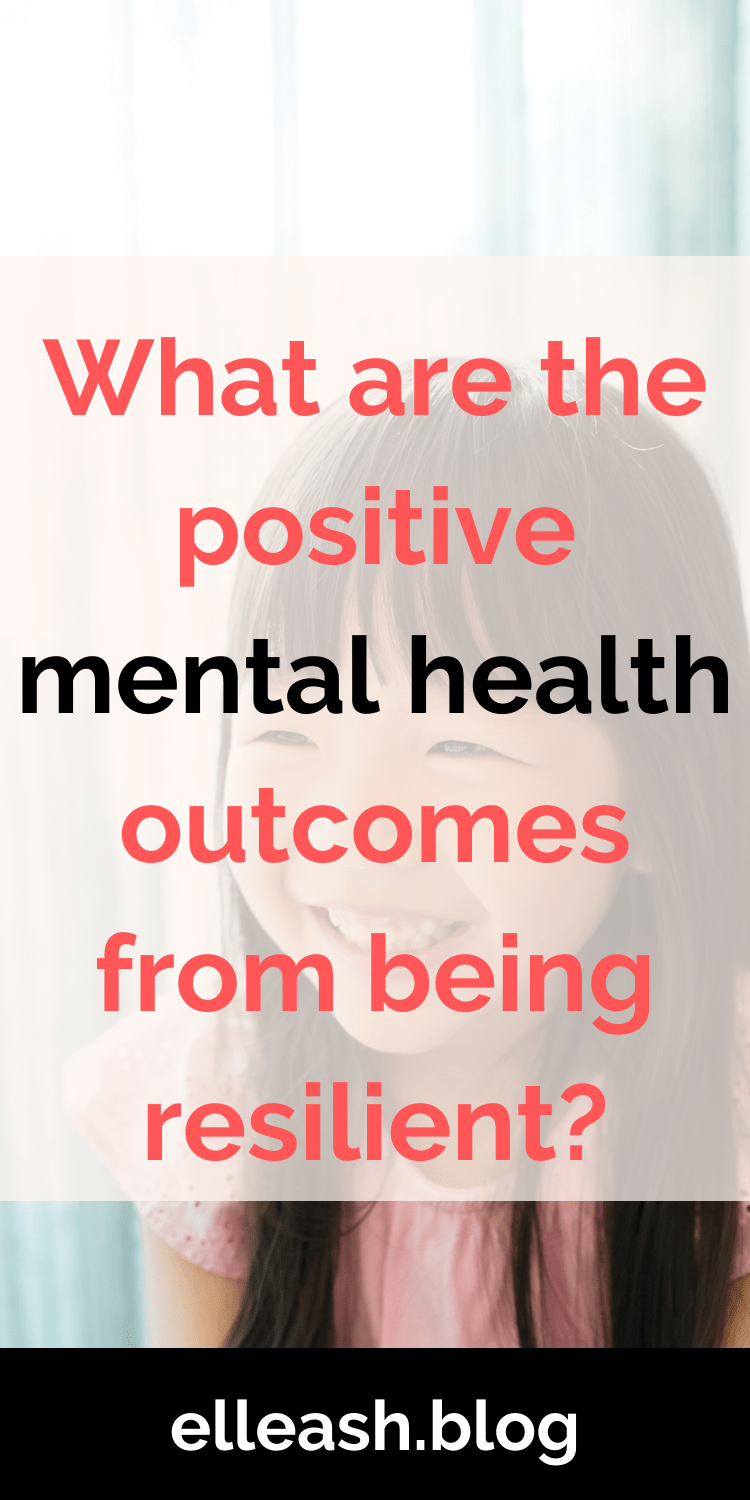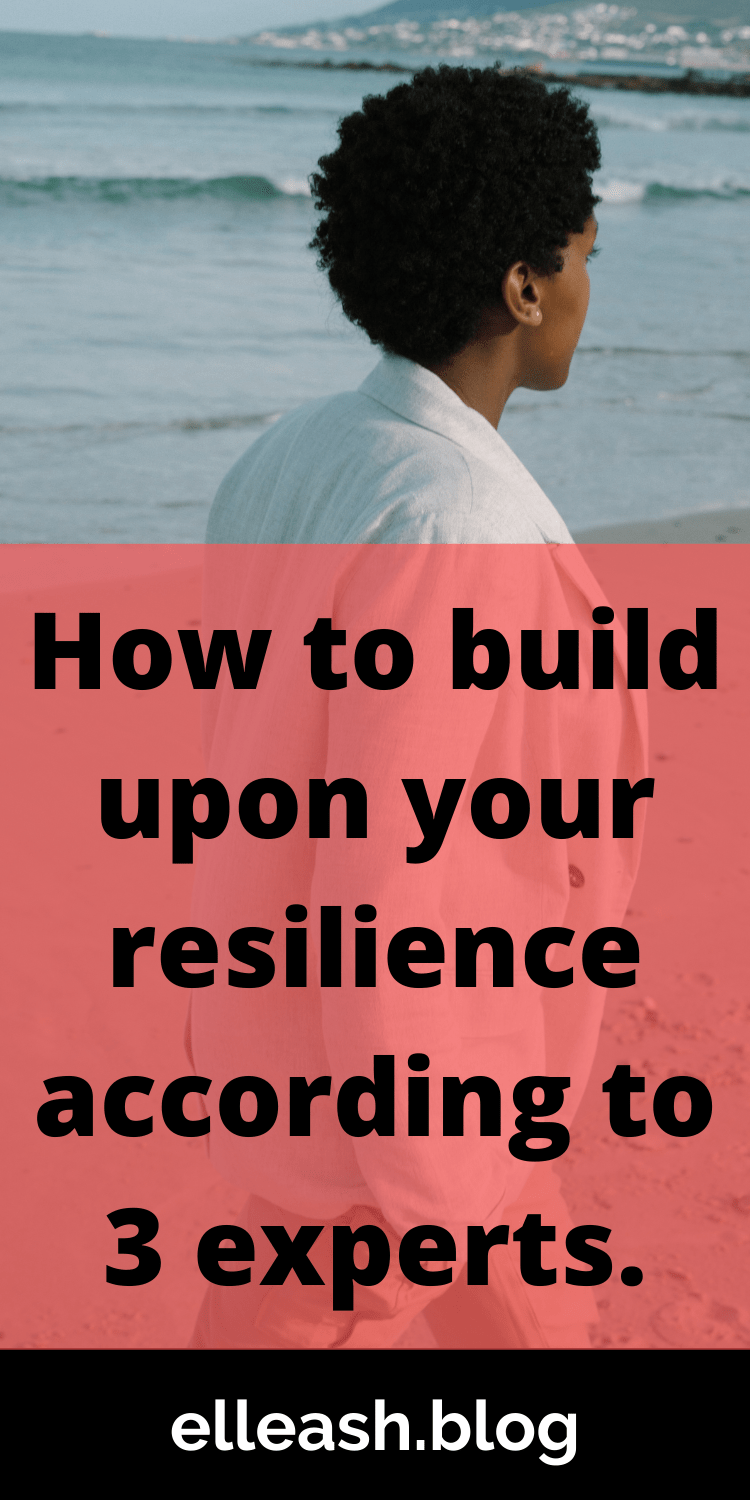This post may contain affiliate links. Please read the full disclosure here.
This piece will be tackling the topic of RESILIENCE. This is the fourth part of the article, which will deal with THE MARKERS OF RESILIENCE.
Last Updated on January 4, 2025 by ELLEASH
THIS IS AN ADVERTISEMENT
CONTINUE READING BELOW
She stood in the storm and when the wind did not blow her way, she adjusted her sails.

In my last post, I opened up an intimate part of my story, to give you an example of how resilience can be learned and how some tools can help you become more resilient.
Today, we are going to be looking at the MARKERS OF RESILIENCE that some people may possess, or that they can learn. Shall we get into it?
THIS IS AN ADVERTISEMENT
CONTINUE READING BELOW
What are markers of resilience?

The American Psychology Association provides these factors that contribute to and act as markers of resilience:
Glenn Schiraldi, author and resilience expert, provides even more examples and characteristics of resilient people.
Here is a listing of strengths, traits, and coping mechanisms that are highly correlated with resilience:
THIS IS AN ADVERTISEMENT
CONTINUE READING BELOW
As you can see, the list is quite exhaustive and I am sure that you will find some of these fit you too.
Let me sum up, if you are aware of both your micro and macro worlds, then you are able to manage your feelings effectively, process your thoughts, emotions, and behaviors, and you understand that life has its inevitable ups and downs.
Let's have a look at a point that I find highly interesting: good health habits.

Why is having good health habits important and how can this actually have positive repercussions on your psychological strength (and vice versa!)?
Joshua Miles (2015), is a counselor and therapist, and he believes that resilience is such a great trait to have for the following reasons:
THIS IS AN ADVERTISEMENT
CONTINUE READING BELOW
Although these are all highly satisfying traits to have, one of them definitely stands out for me and that is the point about our health.
Y'all know how I am with my self-care and how being healthy, both physically and mentally, is so important to me and I prone it ALL the time! Lol!

I may slip up sometimes and find myself having unhealthy thoughts, and more often than not, it's because I am not taking care of myself the way I should be.
Which is exactly what happened to me at the beginning of the month.
I wasn't practising what I keep preaching and my body shut down! I know better, but I'm only human …
Sometimes we just forget or we don't take the time to self-care!
But, we all know what happens when we just don't take care of ourselves and do simple, yet effective actions, that can totally take our day to a whole new level, right?
Unhealthy behaviors tend to come back or appear, with such a force, that all that great work we put in previously, fades out.
Therefore, our overall health has a positive outcome on our resilience, but the same can be said about resilience being positive on our overall health!
THIS IS AN ADVERTISEMENT
CONTINUE READING BELOW
It's a little like, who came first? The chicken or the egg?
From Meetu Khosla's research paper (2017), we can review that resilience leads, or contributes, to many different positive health outcomes, including:
So all of this sounds pretty cool when you're reading it right?
It is.
But these are just a handful of tools that can be drawn upon to develop resilience.
These tools can be given to us and we can learn how to use them.
But how can we develop resilience if we don't know if we even have it or not?
THIS IS AN ADVERTISEMENT
CONTINUE READING BELOW
How can I grow as a person and grow mentally strong?

Like I wrote in my anterior posts, resilience isn't something that is inherent. You're not born with it. It's not like dimples or green eyes! Lol!
There may be a genetic factor to a person’s base level of resilience, but you are always able to improve upon the resilience you have.
When I opened up to you about my traumatic experience of losing my high school boyfriend to suicide, I mentioned that I was able to overcome this because of the coping mechanisms my Mom had slowly handed to me as a child (and beyond!), through my life experiences, and that I was able to tune into them when I needed to.
THIS IS AN ADVERTISEMENT
CONTINUE READING BELOW
So, what do you do when you haven't been given these tools?
Can they be learned? Of course they can! Can they be improved on or developed if I have some, and how do I do it? Yes, they can be improved upon and it's what is commonly referred to as “self-learned resilience.”
What is self-learned resilience?
The term is quite self-explanatory right?
Self-learned resilience, is what you can add to your own bits and pieces of resilience and is the result of being aware of the opportunities for self-development and the courage to take advantage of them.
Here are some ways that you can go about it and they have been taken from 3 different sources.
After reading them, I would like you to tell me what they all remind you of …
THIS IS AN ADVERTISEMENT
CONTINUE READING BELOW
The first is from VeryWell Mind author Kendra Cherry (2018). Her ways to improve on the resilience you already have, are:
She also encourages us to keep working on our skills and not get discouraged if it takes a while to get to the level of resilience you desire. (2018)
THIS IS AN ADVERTISEMENT
CONTINUE READING BELOW
The second source is from Kira M. Newman at the University of California at Berkeley’s Greater Good Science Center, whose examples are:
THIS IS AN ADVERTISEMENT
CONTINUE READING BELOW
And lastly, from Dr. Carine Nzodom (2017) on using a loss or stressful event to grow:
These are very varied ways that you can improve on what resilience tools you already have.
And what did you notice when reading them??
YES?!
These are all components that refer to self-care.
These are things that not only will help you become more resilient, but they all have the common baseline of self-care.
So these are definitely things that you can practice doing everyday, in your own time.
This was a lot right? That's why I am going to let you digest all of this and in my next post I will write about building RESILIENCE IN CHILDREN.
What tools can we, as parents (and if you are not a parent, these are for sure things that you can do for yourself!), provide our children with, to help them face adversity with more of a chance to come out the other side less scathed, than if they were left to fend life's ruthlessness with no armour!
Click here to go to PART 5.
Elle Ash xo
THIS IS AN ADVERTISEMENT
CONTINUE READING BELOW






